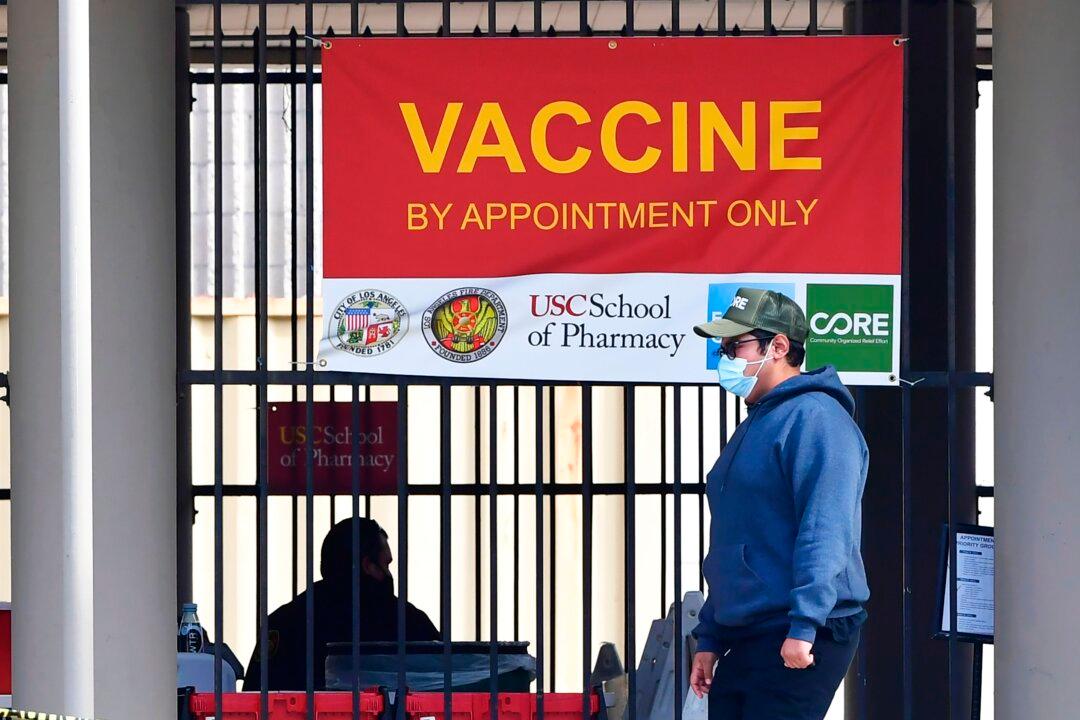A Lancet review of autopsy data of over 300 post-COVID-19 vaccination deaths would challenge the mainstream narrative on the safety of the shots, but was removed within 24 hours of the initial submission, said cardiologist Dr. Peter McCullough, the paper’s leading author and prominent COVID vaccine skeptic.
“The government narrative is still that people do not die after COVID-19 vaccination. Now we have the largest series of autopsies, and the autopsies really are incontrovertible,” Dr. McCullough said in an interview on EpochTV’s “American Thought Leaders: NOW“ program.






